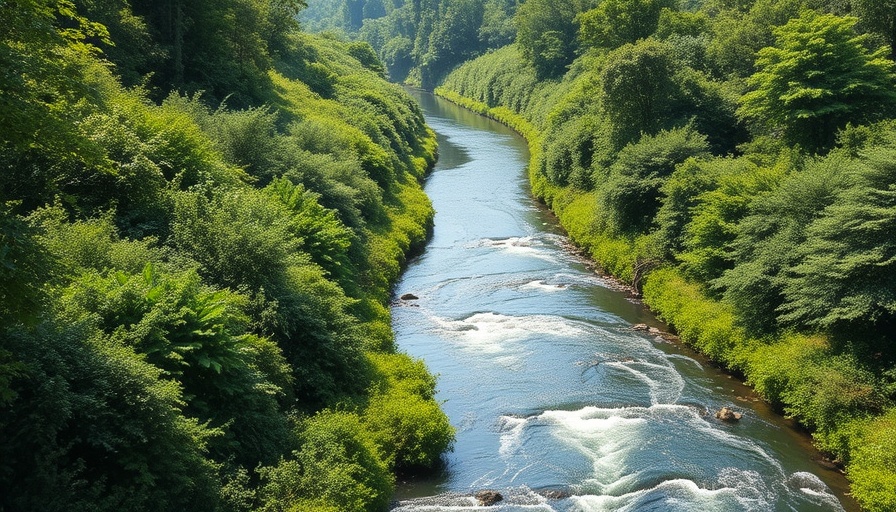
Water Needs in North Texas: The Growing Demand
As North Texas continues to grow, so does the demand for water. Recent reports indicate that the region's population is set to increase drastically, pressing the need for sustainable solutions. Proposals like the Marvin Nichols Reservoir have been presented as potential ways to augment water supplies, yet they face stiff opposition from locals.
Community Voices: Concerns Rise Over Reservoir Development
During a recent meeting, North Texans rallied together, expressing their concerns about the potential flooding of over 60,000 acres of land for the construction of the Marvin Nichols Reservoir. Opponents highlight the impact on local farms and ranches, stating that this project jeopardizes their livelihoods and makes future planning almost impossible.
“This project has looked over farmers and ranchers, making it impossible for them to make long-range plans for their business and families,” said Dallas resident Molly Rooke. Her words encapsulate the sentiments shared by many residents who are worried about the economic losses and community displacement that might result from the reservoir.
Water Planning for the Future: Balancing Needs and Concerns
Simone Kiel from Freese and Nichols Inc. laid out the proposed plan to the Dallas-Fort Worth Area water planning group, emphasizing sustainability through conservation and reuse of water. However, while these strategies may save a significant amount of water, they still fall short of addressing the forecasted deficit of about 1 million acre-feet per year by 2080.
The dilemma is clear: as the population grows from 9.1 million to an expected 15 million by 2080, finding a balance between resource development and community needs becomes increasingly complicated. Water officials argue that projects like the Marvin Nichols Reservoir are essential, while community members push back, anxious about the potential repercussions on their land and lives.
Alternative Solutions: Tapping into Innovation
Though the reservoir project has garnered attention, there are other pathways to explore. Local authorities might consider investing in advanced technologies for water recycling and exploration of alternative water sources, which have proven effective in other regions facing similar challenges. By prioritizing innovative solutions alongside community concerns, there could be room for progress without sacrificing local farmland.
A Community Call to Action
As North Texans engage in this critical conversation about water resource management, it’s one of the many routes toward shaping a sustainable future for the region. Understanding the complexities of these issues is essential as the community moves forward. In this endeavor, consider the overarching question: How can we ensure available water supplies while protecting the interests of local residents?
If you care about the future of your community and its resources, now is the time to get involved. Join in local discussions, advocate for balanced solutions, and support grassroots initiatives that prioritize both environmental sustainability and the livelihoods of your neighbors.
 Add Row
Add Row  Add
Add 




 Add Row
Add Row  Add
Add 

Write A Comment